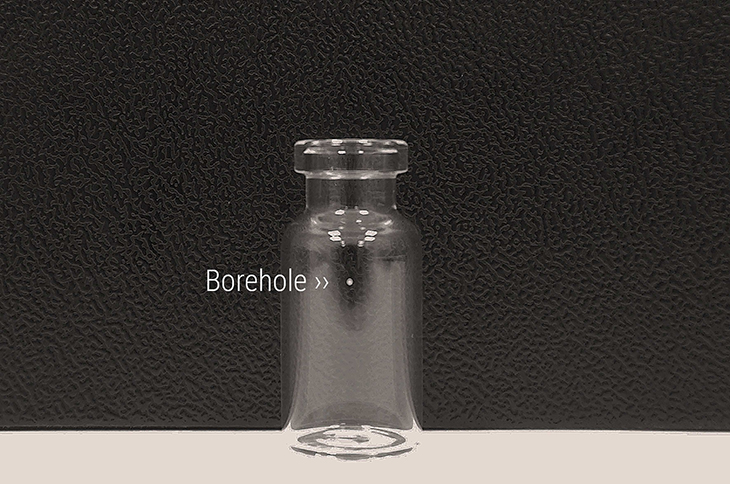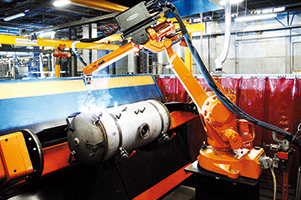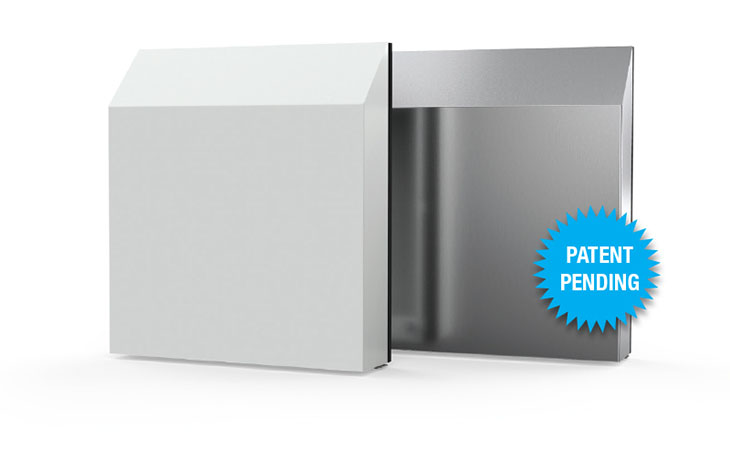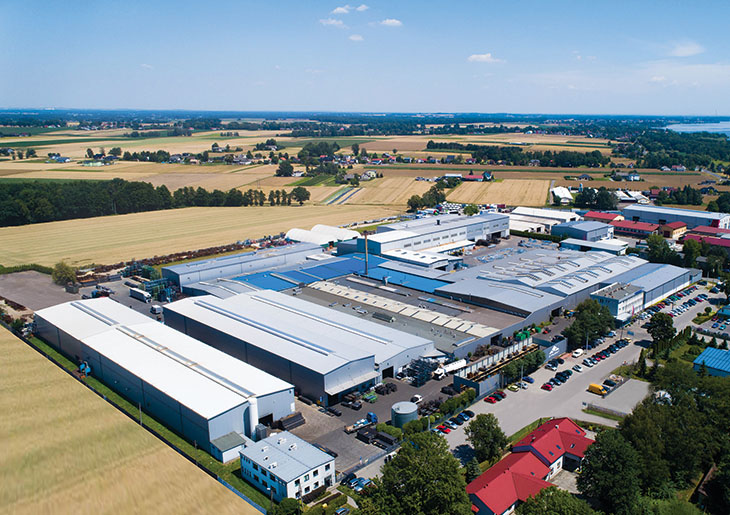Leakage testing of medical-pharmaceutical vials by laser drilling ensures highest quality standards for medical companies.
Labelling and processing in one work step
Innovative solutions are needed to quickly and cost-effectively check the required hygiene and quality standards in order to ensure access to high-quality, safe medical and pharmaceutical equipment in the future. Various essential quality and stability tests are already carried out during the manufacturing and processing process of products such as syringe cylinders, vaccine vials or infusion and transfusion bags. Thereby, the control mechanisms used have to reliably detect even the smallest variation and damage in the material, to exclude contamination in the context of the application. Therefore, GFH GmbH offers manufacturers of medical and pharmaceutical products a laser-based solution. A cost- and time-saving opportunity is offered to validate this quality test, which works particularly flexibly and gently on materials by drilling high-precision leak holes of just 5 μm to 50 μm diameter into individual specimens of a production line. While the hole sizes can be kept very accurately, no cracks or pressures will arise around the drilling site.
As a result of the ongoing pandemic the demand especially for so-called ‘leakage drilling’ in Syringe cylinders increases rapidly. During manufacturing, these deliberately selected samples are intended to exclude defects in the material of the vials and cylinders for example to prevent subsequent contamination of the transfusion or leakage during usage. Increasing demand for such control procedures is due not least to global vaccination campaigns and the associated increased demand for flawless medical and pharmaceutical products. Manufacturers therefore need reliable methods that can carry out random quality check with high precision in a time- and cost-saving way. For this purpose, laser technology is a predestined method due to its very precise and non-contact processing beam, which is why some well-known manufacturers have already approached GFH GmbH regarding the generation of leakage drills.
The Bavarian laser experts have developed a process, which allows the drilling of high-precision leak holes validating the control mechanisms used in production without much effort. The resulting (defective) products with micro drill holes are then integrated into the manufacturing process of the medical device manufacturers. These ´prepared´ products then form the control group for the quality- and leak test. “The ultrafast laser serves as an excellent tool to equip the glass vials with leakage holes which are very small and precise, but still do not damage the material around the drill hole”, explains Andreas Reitberger, Sales Manager at GFH GmbH. “There are numerous reasons for this: on the one hand, the ultrafast laser pulses that hit the material prevent tensions and cracks in it by means of so-called “cold ablation”. On the other hand, there are no limits to the variety of materials used in laser processing. This enables even hard-to-machine materials such as glass or special medical plastics to be processed with high precision.”
Micro-drilling without additional material stress
For the aforementioned process application of the leakage holes, the laser beam is positioned on the workpiece via two mirrors with a scanner. As only small masses need to be moved through these optical axes, highly dynamic and flexible processing is possible. The laser beam is therefore focused on an extremely small area and thus drill holes with a minimum diameter (lower limit 5 μm) can be made. In addition, laser processing does not result in tool wear which is why the processing can be repeated at any time. Post-processing is also no longer required for laser micro-machining. “With this technology, the manufacturer benefits from the micrometer-precise adjustment of the drill and the almost unrestricted flexibility of the laser”, Reitberger adds.
The medical-pharmaceutical glass containers usually have a wall thickness of only one millimeter. Depending on customer requirements, the high-precision percussion holes have a diameter of 5 μm to 50 μm. With a tolerance of just +/- 2.5 μm, the drill holes are characterized by an extreme precision that would hardly be possible with conventional mechanical drilling methods. Based on the high-precision measurement methods by optical microscopes used at GFH, a test protocol is created for each individual hole after laser processing, which guarantees that every hole is certified and validated in a high accuracy.
Laser processing saves several settings
Besides processing, the products must also be precisely labelled or marked for further certification and tracking, particularly in the medical and pharmaceutical sector. In conventional machining processes this usually requires several plants, as the workpiece is clamped several times on different processing machines. However, this is different for laser processing: The use of this modern machining method eliminates several clamping operations at once, since drilling and labelling can be carried out in a single operation. Combining these two processing steps significantly saves time and costs.
The long-standing know-how in laser micro-machining and in the construction of series-production machines enables GFH to manufacture or process these particularly demanding products for manufacturers in the pharmaceutical and medical technology sector in its own precision production. In addition, the company can even develop its own laser system according to the specific requirements on request. “If the customer has a specific wish to purchase such a machine, the suitable GFH series model is selected together with him and equipped with modular hardware and software solutions for the specific application”, explains Reitberger. All GFH series machines are equipped with an ultrashort pulse laser from well-known manufacturers. In addition, GFH can offer customized solutions. As part of this consultation, the technicians also provide information about possible special solutions as well as other machining processes that can be implemented in the systems – from laser cutting to laser ablation to laser turning. “We are pleased that we have already been able to help many well-known manufacturers secure their supply chains with the help of our established drilling process for special requests that arise at short notice, such as leakage drilling. Thus, drilling leakage holes with the ultrashort pulse laser in syringe barrels has become a permanent feature in our precision manufacturing”, Reitberger concludes.
For further information: www.gfh-gmbh.de






















